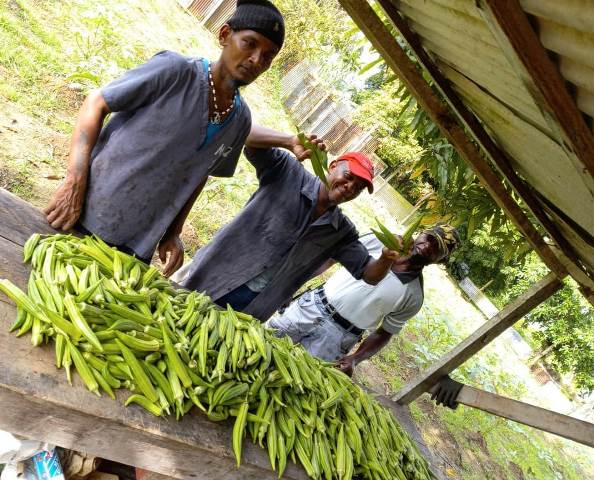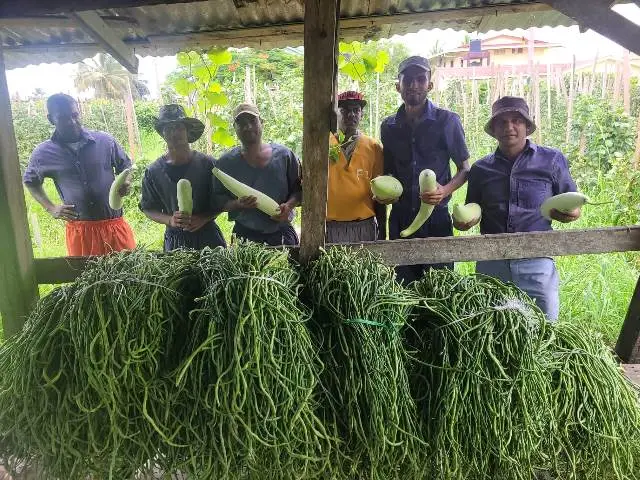Agricultural production has been ramping up at the various prison facilities nationwide, except for the Camp Street location.

According to the Director of the Guyana Prison Service Nicklon Elliot, this is part of the Prison’s Agricultural Plan 2021 which aims to make it self-sufficient in a minimum of five crops and livestock.
“We’re working along with Minister Benn (Minister of Home Affairs) to have additional lands available to use for farming. So, you’ll find a large number of convicted prisoners will be labouring on the farm daily,” Elliot explained during an interview with the Department of Public Information (DPI).

He added that this is one of the criteria incarcerated persons have to engage in if they want to receive special remission.
“Special remission is something, because of prisoners’ conduct and their discipline, days are being taken off their sentence. So, it’s compulsory that those prisoners, before they receive that special remission, work on the farms. It’s about giving them incentives and at the same time allowing us to produce on the farm,” he noted.
Additionally, it is pivotalin the correctional services system as it provides and enhances work ethic, training, and development opportunities for inmates.

Only recently, inmates of the Mazaruni penitentiary harvested 183 pounds ofBoulanger (Eggplant), 250 pounds of pumpkin, 150 pounds of ochr0, and a quantity of squash. The cultivation was completely organic.
Also, inmates from the New Amsterdam Prison harvested 250 pounds of bora and a large quantity of squashthat were cultivated on their farmlands.
Chickens, ducks, pigs, sheep, and cows are also being reared at the prison locations. The government allocateda whopping$5.5 billion to the Prison Service in 2023, and $20 million has been earmarked to support the Grow More Campaign at the various prison facilities. (Department of Public Information)













